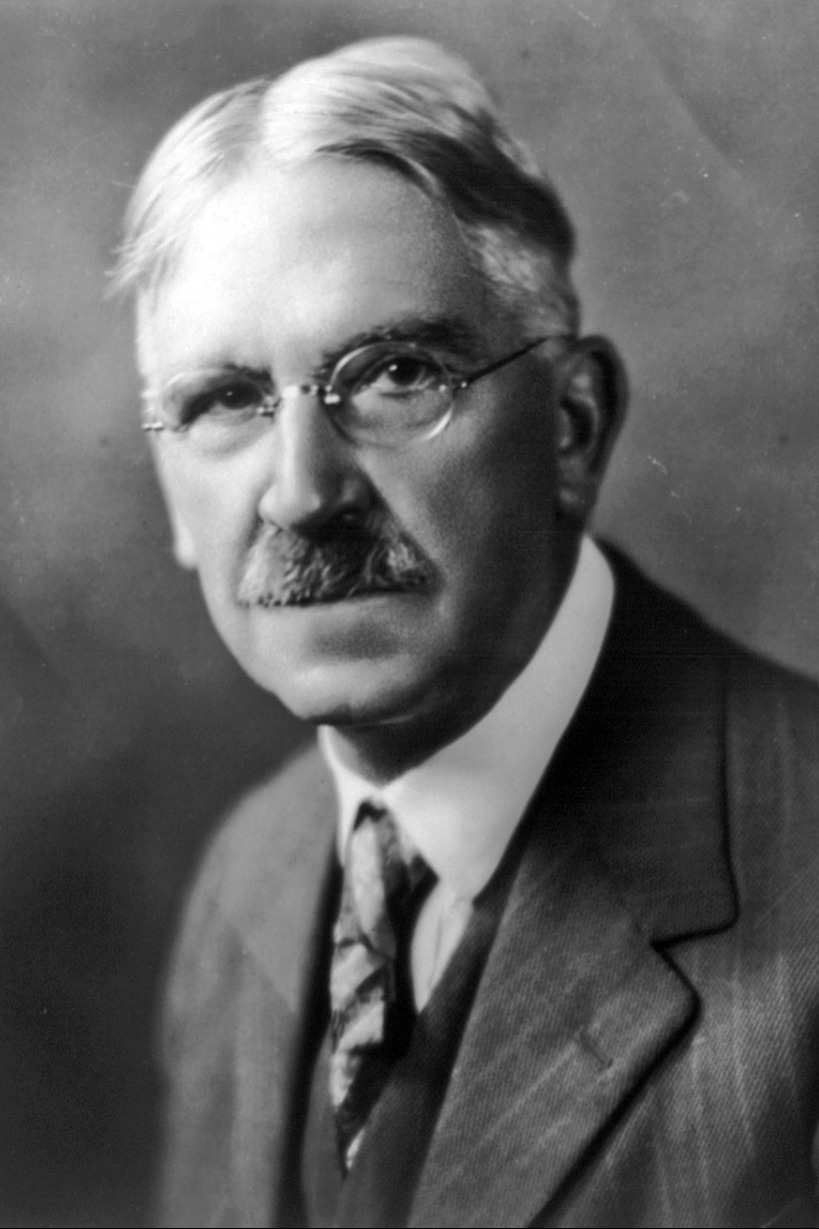
Personal info
Known for
Ultimate Talent
Gender
Male
Birthday
20 October
Location
Vermont, United States
Edit pageJohn Dewey
Biography
John Dewey (1859–1952) was an American philosopher, psychologist, and educator whose ideas profoundly shaped modern education, democratic theory, and pragmatic philosophy. Born in Burlington, Vermont, Dewey showed early curiosity and intellectual promise. After earning his Ph.D. from Johns Hopkins University, he taught at several universities, including the University of Chicago and Columbia University, where his influence grew widely.
Dewey was one of the leading figures in pragmatism, a uniquely American philosophical movement that emphasized the practical consequences of ideas as the key to their meaning and truth. He believed that knowledge is not something fixed but is created through experience, reflection, and interaction with the environment. For Dewey, thinking and learning were active processes—tools for solving problems and improving life.
In education, Dewey revolutionized the way people thought about teaching and learning. In his seminal work, Democracy and Education (1916), he argued that schools should not merely transmit information but should prepare students to think critically, work collaboratively, and participate actively in a democratic society. He championed experiential learning, where students learn through doing, exploration, and inquiry rather than rote memorization.
Dewey also saw a deep connection between education and democracy. He believed that a healthy democracy depends on informed, reflective citizens capable of independent thought and mutual respect. His vision of education as a social and moral process continues to influence progressive education around the world.
Beyond education, Dewey wrote extensively on ethics, art, and social reform, promoting the idea that philosophy should address real-world problems and improve human life. His optimism about human potential and commitment to democratic ideals made him one of the most respected public intellectuals of the 20th century.
John Dewey’s legacy endures as that of a thinker who united philosophy and practice—believing that learning, like democracy itself, is a continuous, living process of growth, participation, and renewal.